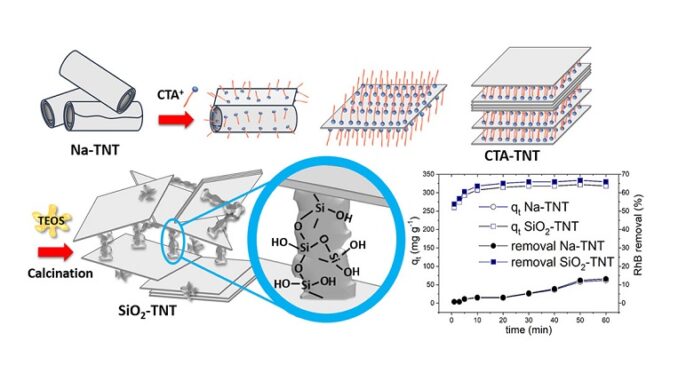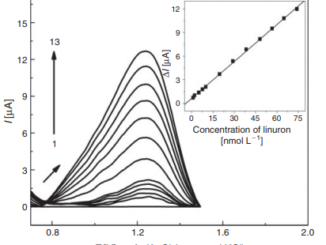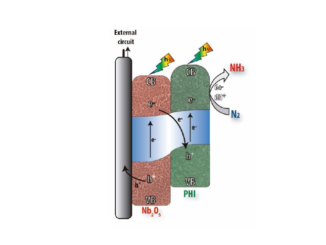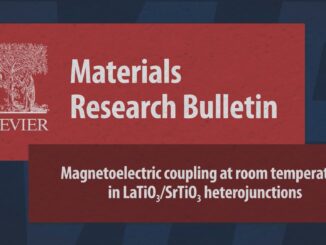
Synthesis and Adsorbent Properties of Silica-Titanate Nanoarchitectures Produced by Unrolling Titanate Tubular Sheets
Abstract: Microporous and mesoporous nanocomposites based on silica and titanate are obtained by unrolling sodic titanate nanotubes. The opened titanate sheets are then spaced by introducing surfactant species via ion exchange and introducing silica species between the unrolled titanate nanotubes. The characterization indicates an organic–inorganic hybrid intermediate resulting from the surfactant in perpendicular accommodation between the open tubular sheets. Stabilizing the silica spacers resulted in a microporous and mesoporous nanoarchitecture forming voids between the unrolled titanate sheets with a higher specific surface (714 m2 g–1) than that of the pristine titanate nanotube (58 m2 g–1). The adsorptive properties of the synthesized silica–titanate nanoarchitectures are reported using Methylene Blue (MB) and Rhodamine B (RhB) dyes. It was revealed that the adsorption capacity against RhB is substantially increased for the nanocomposite (65%), compared to titanate nanotubes (13%). The kinetic analysis suggests that the pseudo-second-order kinetic model best describes the adsorption dynamics. Freundlich adsorption isotherm best fits the adsorption data, which suggests that adsorption does not occur onto uniform sites but in multilayers onto nanocomposites.
Author(s): Schwanke, A. J.; Monteiro, W.; da Trindade, L. G.; Longo, E.; Bernardo-Gusmao, K.; de Souza, M. O.
Cryst. Growth Des.
Published: February 14, 2023
DOI: https://doi.org/10.1021/acs.cgd.2c01471
CDMF
The CDMF, hosted at the Federal University of São Carlos (UFSCar), is one of the Research, Innovation and Dissemination Centers (RIDC) supported by the São Paulo State Research Support Foundation (Fapesp), and also receives investment from the National Council Scientific and Technological Development (CNPq), from the National Institute of Science and Technology of Materials in Nanotechnology (INCTMN).




